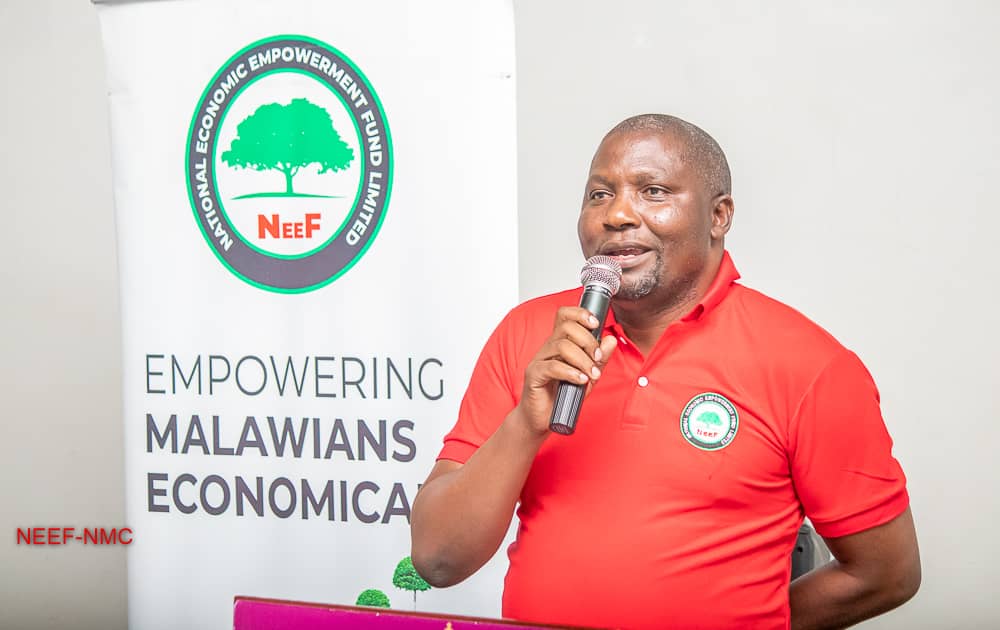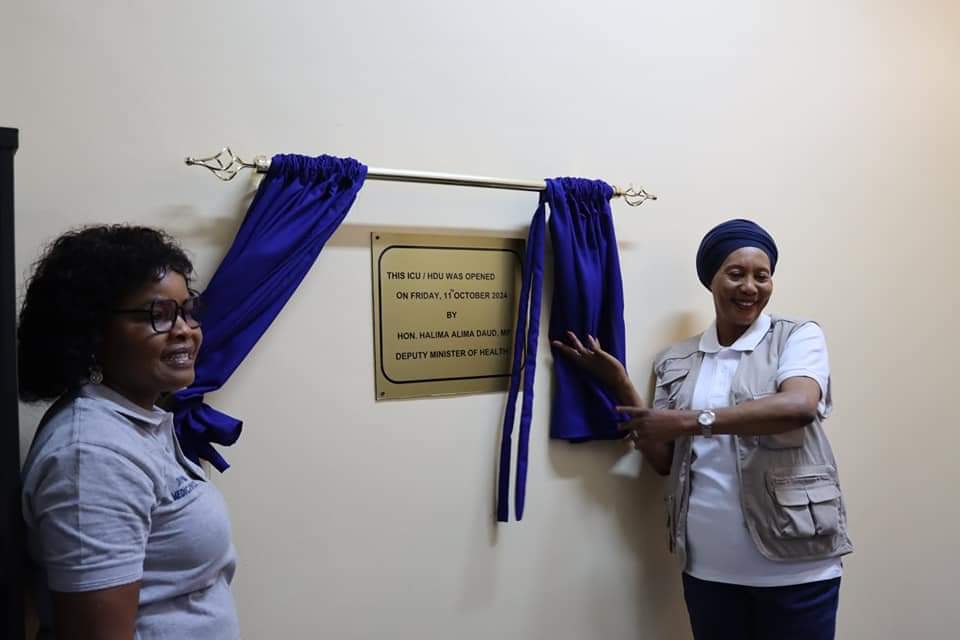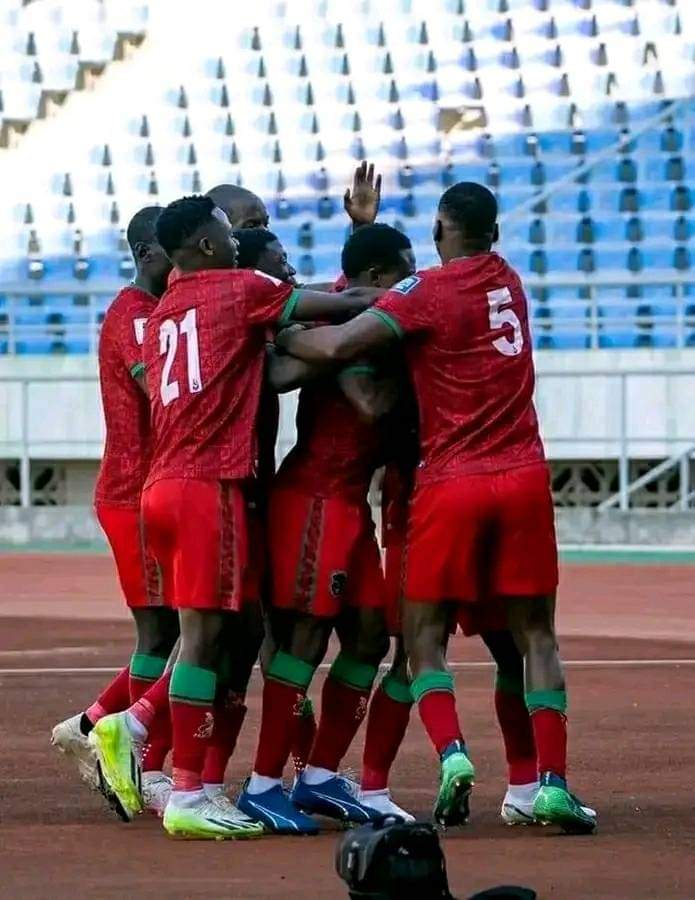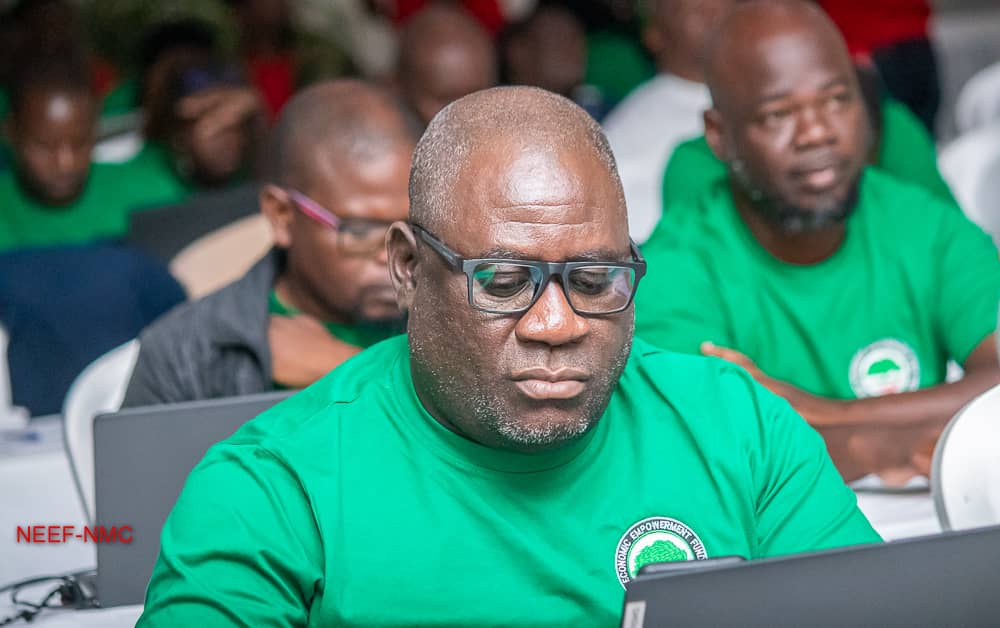
By Draxon Maloya
A consortium of civil society organizations in Malawi, led by the Civil Society Network on Social Protection (CSNSP), has been monitoring the National Economic Empowerment Fund’s (NEEF) operations to ensure successful implementation.
During a recent stakeholders’ meeting, concerns were raised about the slow repayment rates of NEEF loans by youths, who constitute the majority of beneficiaries.
CSNSP Chairperson Kinear Mlowoka expressed disappointment with the youths’ attitude towards loan repayment, emphasizing that the current K150 billion budget is insufficient to meet the growing demand for financial assistance.
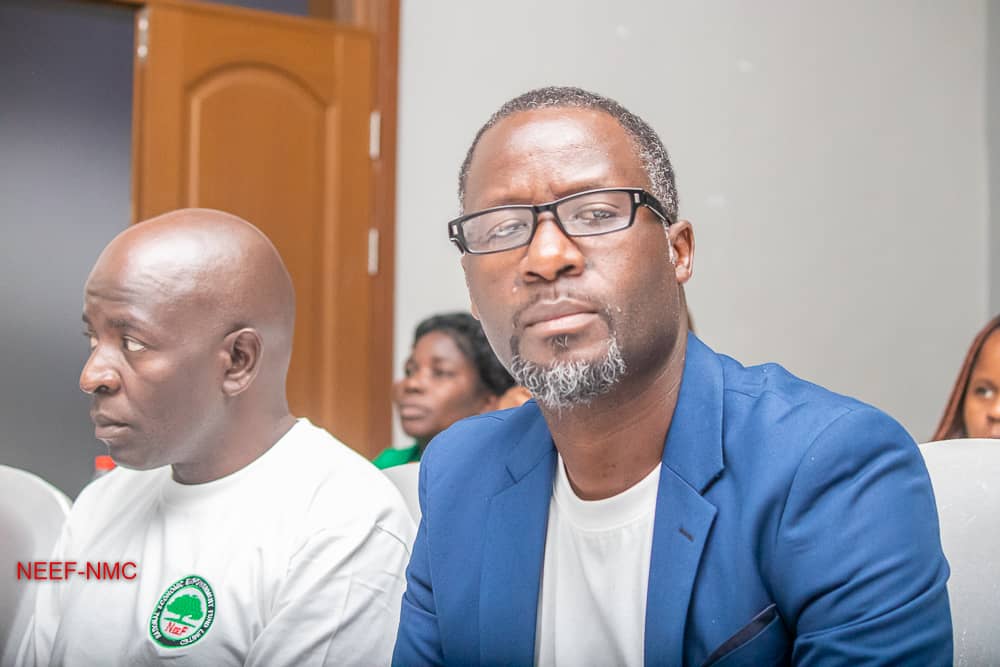
“Our youths, mostly in urban areas have demonstrated bad attitude in repayments of NEEF loans which could benefit them in the future, mind you this is a loan where defaulters may have property confiscated,” warned Mlowoka
Mlowoka continued, warning that defaulters risk having their property confiscated, highlighting the importance of timely repayment.
Bishop Amos Chuma of Christian Justice International commended the government for facilitating the monitoring of NEEF operations, promoting transparency and accountability.
Masauko Thawe of the Human Rights Defenders Coalition (HRDC) stressed the need for continued stakeholder engagement to ensure the state-owned financial services yield positive results.
The meeting also discussed the evolving media landscape, with Nyika Media Club Chairperson Feston Malekezo urging NEEF to consider funding media institutions to ensure their financial sustainability and independence.
Deputy Minister of Agriculture Benedicto Chambo emphasized the importance of increased investment in collaborative initiatives to achieve food security in the country.
“Ending hunger in Malawi is possible through increased investment in collaborative initiatives by involving various stakeholders in loan distribution and promoting a shift in mind-set, the country can achieve food security,” said the Deputy Minister.
The stakeholders agreed on the need for supporting increased investment to drive development and innovation, with NEEF playing a crucial role in economically empowering ordinary Malawians, particularly women, youth, and persons with disabilities


